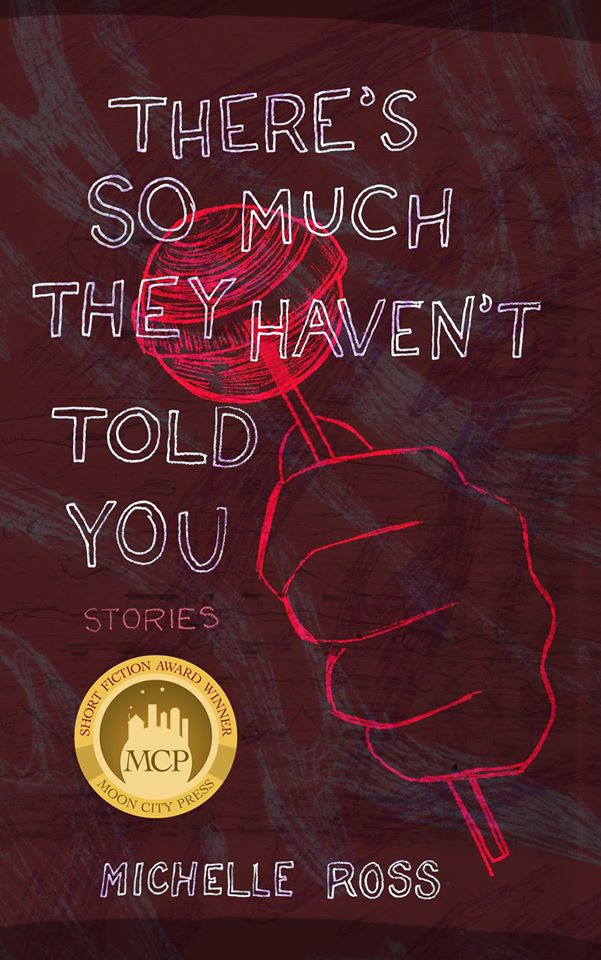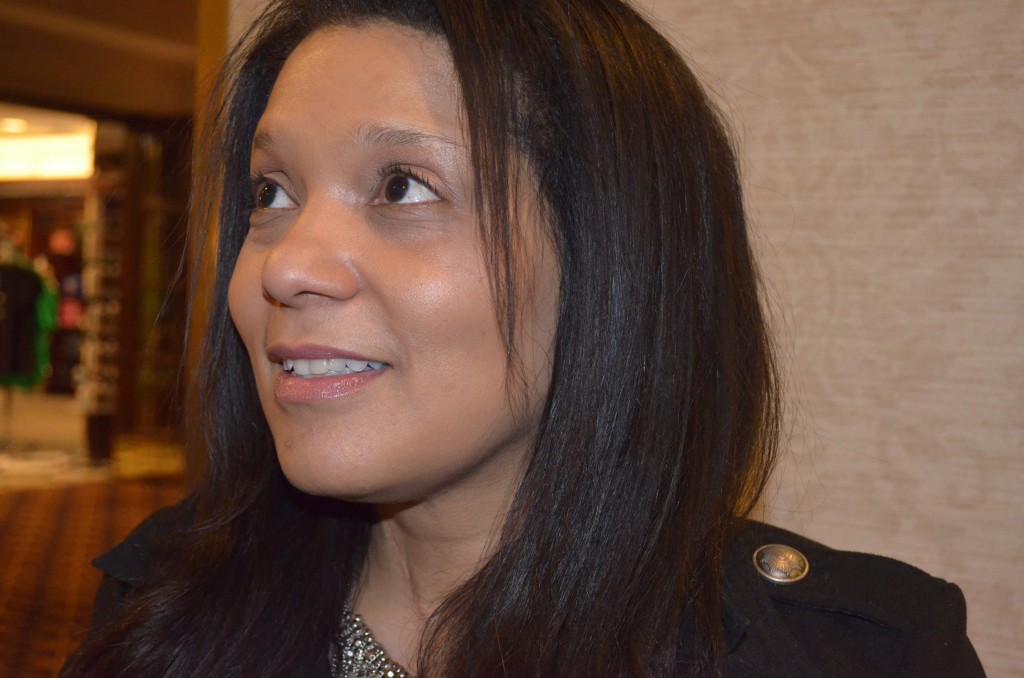 Superstition Review was pleased to feature Matthew Gavin Frank’s poems in our very first Issue. Recently I had the opportunity to correspond with Frank to discuss his latest published work, Warranty In Zulu. Frank has published several poetry manuscripts including, Aardvark, Sagittarius Agitprop, Four Hours To Mpumalanga, and 6 X 6. His prose has also been published in Blue Earth Review, Plate Magazine, Brevity, Transfinite, and elsewhere.
Superstition Review was pleased to feature Matthew Gavin Frank’s poems in our very first Issue. Recently I had the opportunity to correspond with Frank to discuss his latest published work, Warranty In Zulu. Frank has published several poetry manuscripts including, Aardvark, Sagittarius Agitprop, Four Hours To Mpumalanga, and 6 X 6. His prose has also been published in Blue Earth Review, Plate Magazine, Brevity, Transfinite, and elsewhere.
Superstition Review: How is Warranty In Zulu different from your other works?
Matthew Gavin Frank: Warranty is far more research-based than my previous collection, Sagittarius Agitprop. Warranty began as a project to engage the ways in which the exhibits of South African museums and galleries have changed since the fall of apartheid in 1994, documenting how the “landscape” of the South African art scene has changed in style, substance, and accessibility with the socio-political landscape, with the aim of uncovering a larger statement about the interaction between politics and aesthetics.
SR: What has it been like working with Barrow Street Press?
MGF: Risking overstatement: heavenly. Barrow Street is wonderfully hands-on when it comes to the editing process, design, lay-out, etc. They’re very involved, continually offering feedback and suggestion, which contributes to the rare, essential dialogue between writer and editors (who, in the case of Barrow Street, are brilliant writers themselves). The experience of working with them will likely save me a crap-load of time when it comes to self-editing future manuscripts before submitting.
SR: What was the most difficult part about writing Warranty In Zulu?
MGF: Avoiding “othering” or “exoticising” the various cultures of South Africa. In order to aid in this, I felt I had to immerse myself in the country via research and travel, many-handed observations. After numerous trips to South Africa, my wife’s homeland, and her family’s country of residence, the project became laced with the personal, the various narrators herein (many inspired by unofficial interviews, casual conversations, and folklore) engaging issues of history, identity, confused observation, the nature of healing, irrational fear, irrational love and the collision between insider and outsider voices. While not every poem in the manuscript is set specifically within South Africa (most are), each struggles with similar thematic strains.
SR: How have your life experiences (such as working the Barolo wine harvest) shaped your views in your writing?
MGF: I’ve been incorporating things from my own life into the work, more than I have in the past. In the past, I always had a great time wearing masks, playing the asshole, protecting myself. But lately, I’ve been finding greater fulfillment in taking a risk, meaning: being honest. Or more honest at least. This desire ignited at about the same time I began to feel a draw to return to the Midwest, my roots, after wandering and traveling quite a bit. Both desires can, I think, be leashed to my mother’s recent illness. In 2006, Louisa (my wife) and I had just, on a road trip (after leaving Tempe), landed in Montpelier, Vermont, and decided we wanted to live there for a stretch. On the day we were to sign our lease, we received a phone call from my sister in Chicago telling us that my mom was sick. We fled Vermont, returned to Chicago for a year, lived in my parents’ house, and took care of the family while she battled illness (and won, thankfully). This infected my writing with the honesty I mentioned earlier. Does this mean I’m being merely confessional? Attracted solely to the Midwest and the actual? It’s complicated, but no way. As if to balance this, I’m presently working on a series of short essays based on photographs I took in Oaxaca, Mexico, and a poetry manuscript based on couching the bad joke in verse. Its working title is “Your Mother.”
SR: What are you currently working on creatively?
MGF: Well, the Oaxaca book, tentatively titled, SELF-HELP, MEXICO, deals with the aftermath of living in my parents’ house in suburban Chicago for over a year, helping my family during my mother’s battle with cancer. Louisa, and I, struggling to rediscover our footing as a married-couple-in-love, fled to Mexico. Our search for ourselves, our sanctuary, our relationship, took us from the wild crowds and violent social protests of Mexico City, to the culinary jewel of Oaxaca City, and finally to a tiny indigenous Zapotec village in Oaxaca’s Sierra Juárez mountains. The manuscript, which is still in-progress (I’m hoping to finish my final tinkering before 2010 ends), is fusing the narrative storytelling techniques typical of memoir with historical and folkloric research, becoming a series of sort-of lyric essays, and situating the sense of loss and confused search of one particular young married couple within a larger socio-cultural context. In this village, we discovered an unlikely band of U.S.-American expatriates of various demographics, on grappling journeys of their own, contributing to a community both unique and ubiquitous in its quest for some version of fulfillment. I’m going to go back to the “Your Mother” project after I’ve finished SELF-HELP, MEXICO. My nonfiction book, POT FARM, about my work on a medical marijuana farm in Northern California will be coming out from the University of Nebraska Press in 2011 or 2012.
SR: What advice would you give to an aspiring author?
MGF: Travel. Eat things that scare you: cock’s combs, for example. Force perspective onto your life. Allow your memory to distort things. Write a lot, even if it’s crappy. Read a lot. Be vulnerable. Allow the act of writing to play various roles in your life: mother, father, son, daughter, lover, pet goldfish. Argue with all of them, even though you love them. I will not say, be persistent. I swear to you: I will not say it.
 Congratulations to our former contributor Stevie Edwards! Stevie’s poem, Sadness Workshop, is a finalist for the Button Poetry chapbook. Superstition Review first published Sadness Workshop in Issue 17 with three other poems by Stevie. Button Poetry produces and distributes poetry media, including: video from local and national events, chapbooks, collaborative audio recordings, scholarship and criticism, and many other products. Keep an eye out for their upcoming chapbook, on their facebook and on their website.
Congratulations to our former contributor Stevie Edwards! Stevie’s poem, Sadness Workshop, is a finalist for the Button Poetry chapbook. Superstition Review first published Sadness Workshop in Issue 17 with three other poems by Stevie. Button Poetry produces and distributes poetry media, including: video from local and national events, chapbooks, collaborative audio recordings, scholarship and criticism, and many other products. Keep an eye out for their upcoming chapbook, on their facebook and on their website.



